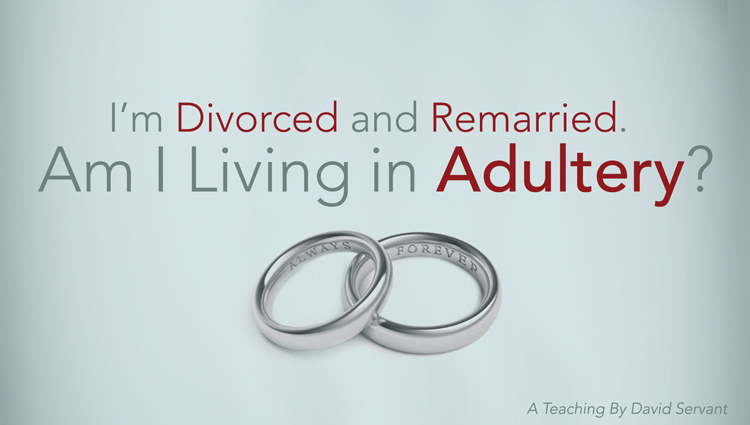
Imagine this:
John is an unregenerate drug-user who, during a weekend fling in Las Vegas, falls for a flirtatious bartender named Lisa and marries her at the Little Neon Chapel. Their marriage lasts one week.
Fast forward to 20 years later. John is a completely different man. He’s been born again and drug-free for 16 years, and he has been married for 15 of them to a devoted Christian woman named Karen. They have 4 beautiful children, ages 5 through 14, whom Karen homeschools, primarily because they want to make sure that their children are raised in the “nurture and admonition of the Lord” (Eph. 6:4).









